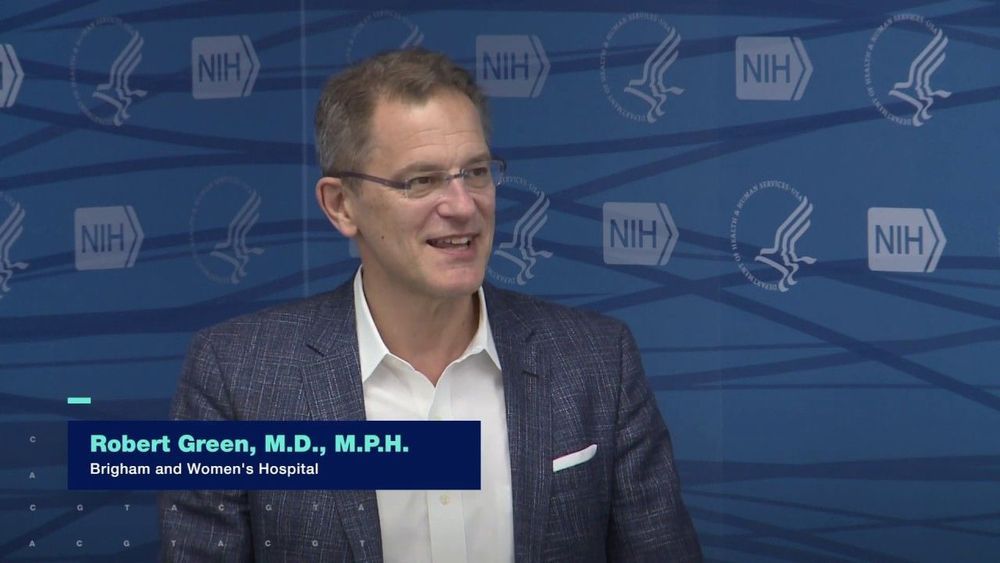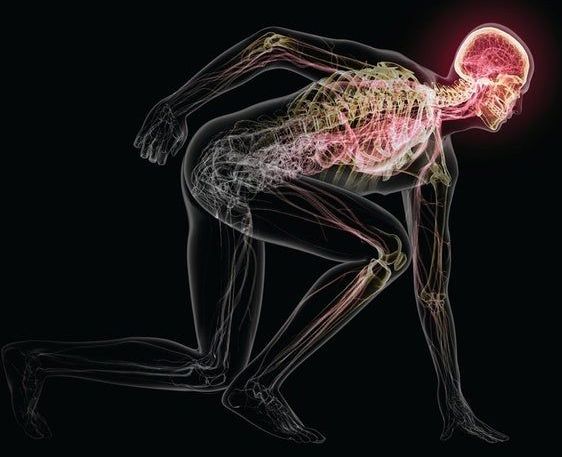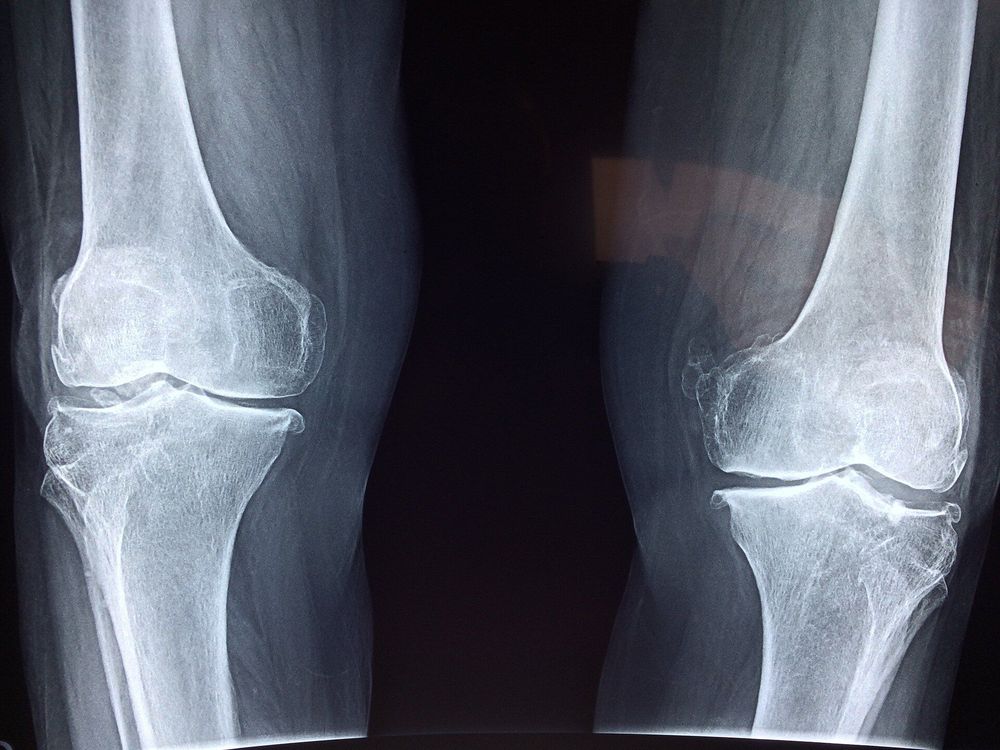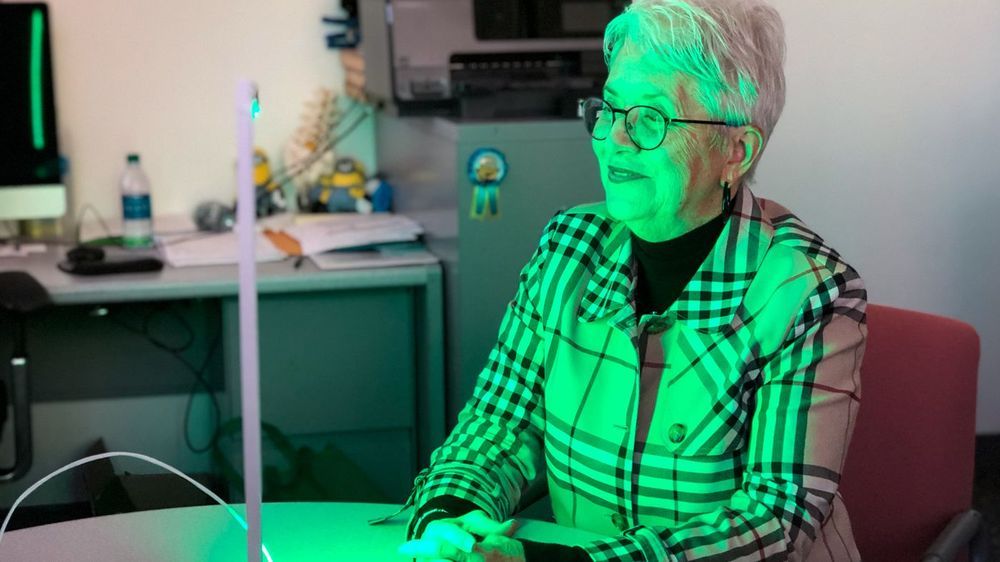Probiotic supplements and probiotic-rich foods have become popular natural treatments for a number of health conditions. This article reviews how probiotics may help treat diarrhea.



The answer is essentially yes … in the short term.
If you’re an apparently healthy person who wants to learn about your genetic disease risks, you can send a saliva sample and a hundred bucks or so to an array-based direct-to-consumer genetic testing company and get some trait information and selected health risks, plus details about your genetic ancestry. But as the direct-to-consumer (DTC) companies themselves will tell you, this is only a fraction of the medical value that may be hidden in your genome. Many of the experts in both ancestry and medical genomics will suggest that since consumer facing genomics are not as comprehensive as those meeting medical standards, it is quite OK for consumers to pay for these products out of their own pockets.
But when it comes to health care, people expect products and services that are medically beneficial to be available to more than just those people who can pay for them. As medical science increasingly demonstrates the life altering value of genomics, the notion that these services must be paid for out of pocket, making it inaccessible to some, does not seem appropriate or fair.
We recently launched the Brigham Preventive Genomics Clinic, the first academic clinic in the world to offer comprehensive, high quality genome sequencing and in-depth interpretation to apparently healthy adults and their children. Over the past two years of planning this clinic, we have struggled with the reality that there is no health insurance coverage for preventive genomic testing, and our patients must therefore pay out of pocket. This is a troubling feature for a clinic at Brigham and Women’s Hospital, which is known for its ties to communities in Boston with diverse ethnic and socioeconomic backgrounds. One must ask: Is a service like this further widening the inequities in our health care system?

According to a study published in the European Journal of Preventive Cardiology brushing your teeth frequently is linked to a lower risk of atrial fibrillation and heart failure.
Poor oral hygiene leads to bacteria in the blood which causes inflammation in the body based on previous research; inflammation increases the risk of atrial fibrillation and heart failure and this study examined the connection between oral hygiene and occurrence of these conditions.
161,286 participants between the ages of 40–79 with no history of heart failure or atrial fibrillation who were part of the Korean National Health Insurance System were enrolled in this study; participants had a routine medical exam between 2003–2004 and information on weight, height, lifestyle, illnesses, lab tests, oral health, and oral hygiene behaviors was collected.

The evolutionary history of humans explains why physical activity is important for brain health.

Yes, the simple act of juggling has recently been linked with better brain function. A new study reveals that learning to juggle may cause certain areas of your brain to grow.
The study found that volunteers who participated in a juggling exercise improved white matter in two areas of their brains involved in visual and motor activity.
‘We have demonstrated that there are changes in the white matter of the brain — the bundles of nerve fibres that connect different parts of the brain — as a result of learning an entirely new skill,’ explains Dr Heidi Johansen-Berg of the Department of Clinical Neurology, University of Oxford, who led the work.

With collagen supplements you can regrow cartilage pretty easily. Most supplements work better than medicine when it comes to tissue repair.
Humans have the ability to regrow cartilage, a new study has found.
In a way similar to how salamanders and other creatures can regrow lost limbs, humans have the capacity to repair and regenerate cartilage in their joints, researchers at Duke Health discovered.
“We believe that an understanding of this ‘salamander-like’ regenerative capacity in humans, and the critically missing components of this regulatory circuit, could provide the foundation for new approaches to repair joint tissues and possibly whole human limbs,” said senior author Virginia Byers Kraus, a professor in the departments of medicine, pathology and orthopedic surgery at Duke.


Taking advantage of powerful advances in CRISPR gene editing, scientists at the University of California San Diego have set their sights on one of society’s most formidable threats to human health.
A research team led by Andrés Valderrama at UC San Diego School of Medicine and Surashree Kulkarni of the Division of Biological Sciences has developed a new CRISPR-based gene-drive system that dramatically increases the efficiency of inactivating a gene rendering bacteria antibiotic-resistant. The new system leverages technology developed by UC San Diego biologists in insects and mammals that biases genetic inheritance of preferred traits called “active genetics.” The new “pro-active” genetic system, or Pro-AG, is detailed in a paper published December 16 in Nature Communications.
Widespread prescriptions of antibiotics and use in animal food production have led to a rising prevalence of antimicrobial resistance in the environment. Evidence indicates that these environmental sources of antibiotic resistance are transmitted to humans and contribute to the current health crisis associated with the dramatic rise in drug-resistant microbes. Health experts predict that threats from antibiotic resistance could drastically increase in the coming decades, leading to some 10 million drug-resistant disease deaths per year by 2050 if left unchecked.

The National Institutes of Health (NIH) estimates that in 2018, over 10 million teens and adults misused opioids. The prescription of opioids to treat patient pain is one of many factors contributing to this epidemic; to solve it, a multipronged approach is needed.
Two new Mayo Clinic studies — one in clinical practice and one in the laboratory — could offer new solutions to help patients manage pain without the use of opioids. These projects have been singled out for federal funding under the NIH’s Helping to End Addiction Long-Term (HEAL) Initiative, a multimillion dollar, multiorganizational approach to providing pain-treatment alternatives and turning the tide on the opioid crisis.
“Opioids remain one part of the continuum of pain treatment,” says Andrea Cheville, M.D., a rehabilitation physician at Mayo and member of the National Academy of Medicine. “There are other options that work as well, or better in some cases, with fewer risks. Our new research mirrors a broad Mayo priority — finding the safest, most effective way to help our patients manage acute or chronic pain.”